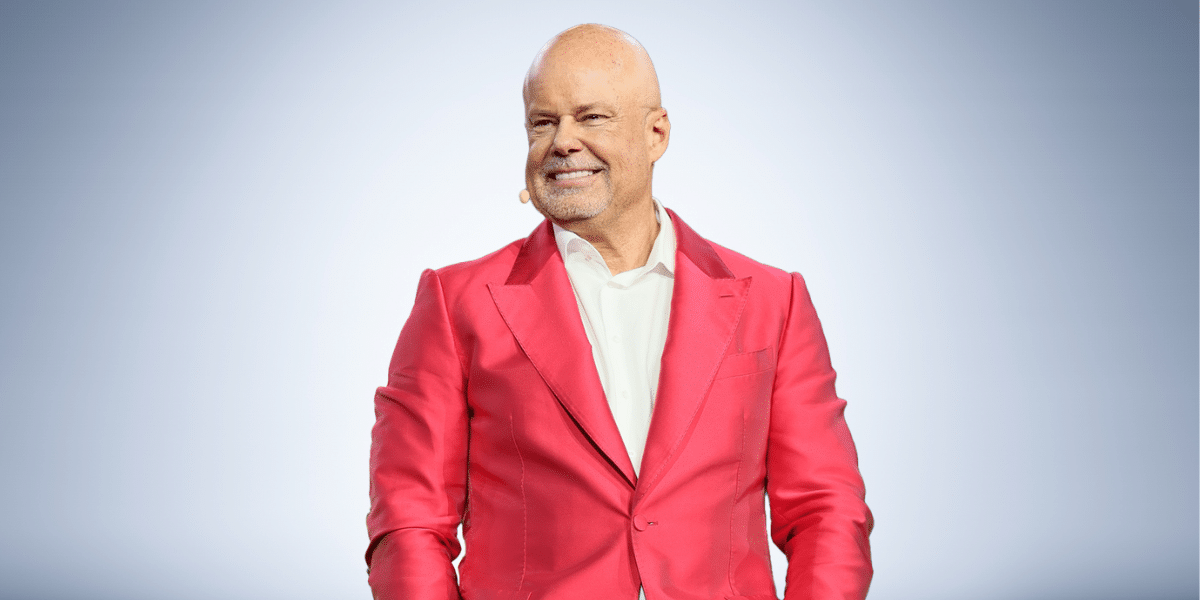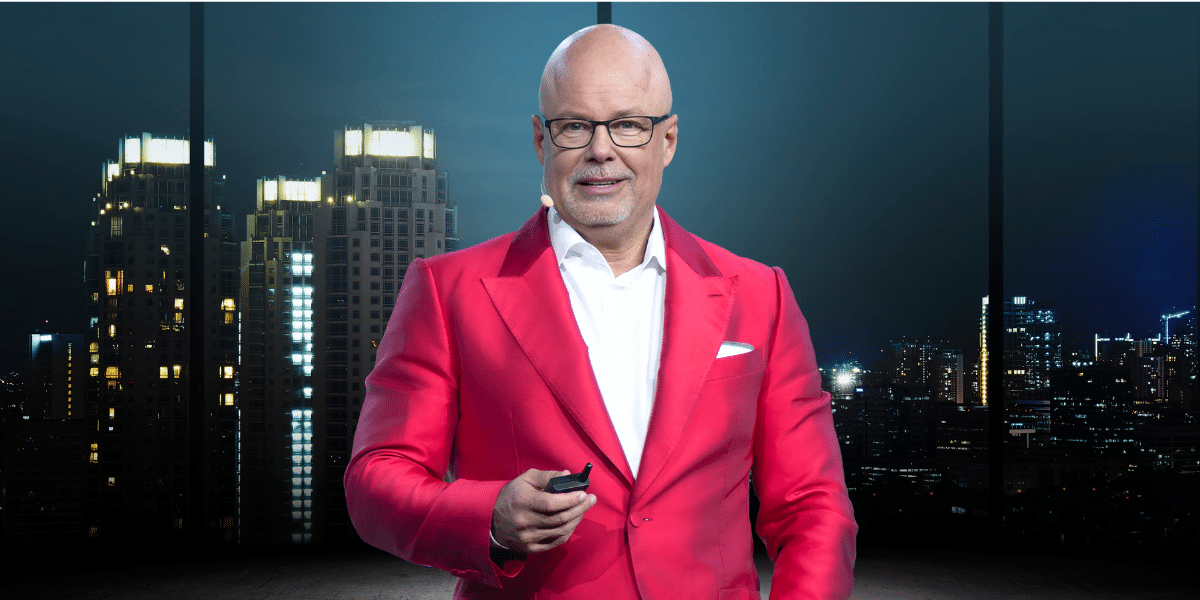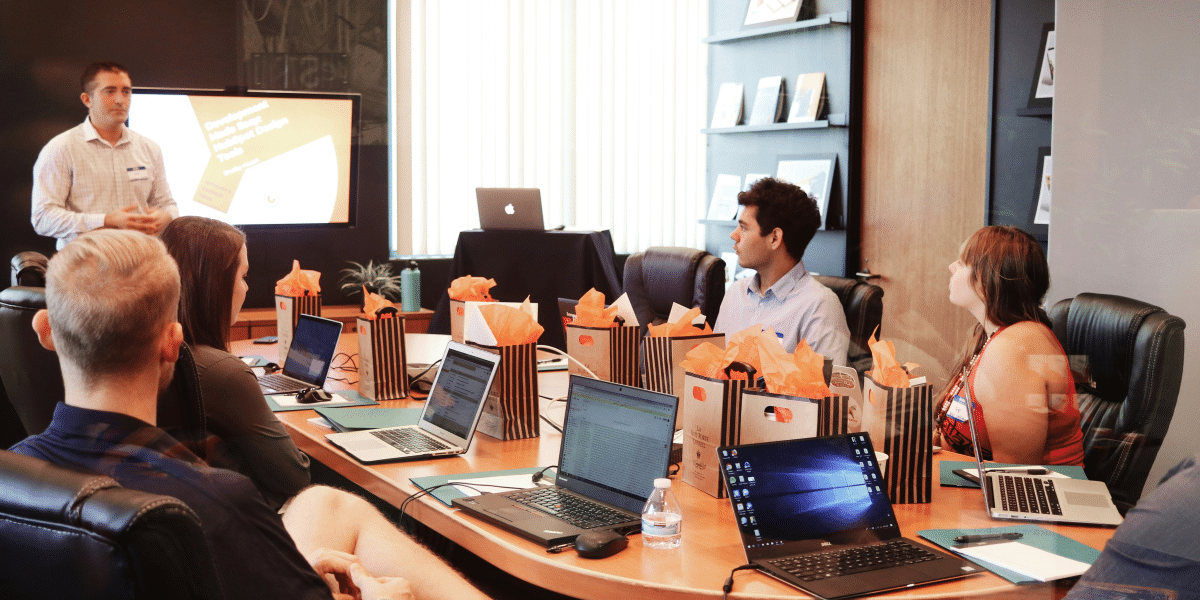David Estrada, born on March 28, 1968, in Vallejo, California, is an influential figure in the tech and legal realms, particularly known for his work with autonomous vehicles and emerging technologies. A graduate of the University of California, Santa Barbara, and the UC Berkeley School of Law (class of 1993), Estrada has been a pivotal player in shaping the legal landscape of the tech industry.
Estrada’s career is marked by significant contributions to several high-profile companies. He was the second attorney at YouTube in 2006, playing a crucial role in its integration with Apple, making YouTube the only non-Apple app on the original iPhone. His tenure at Google X was noteworthy for his work in developing the first state-level autonomous vehicle regulations in Nevada, Florida, and California. As a Chief Legal and Policy Officer at Nuro Inc. since 2019, Estrada has been a vocal advocate for autonomous vehicles, asserting the position that vehicles used for goods delivery, like those of Nuro’s, do not require traditional safety features like steering wheels or seat belts.
Estrada’s expertise extends beyond autonomous vehicles. He was instrumental in the early days of the rideshare industry at Lyft in 2014, where he built the government relations team and helped forge state laws for the industry. His work at Kitty Hawk Corporation alongside Sebastian Thrun, where they launched the Flyer, a one-person VTOL aircraft, highlights his involvement in innovative transportation solutions. Additionally, Estrada has contributed significantly to Bird Rides Inc., helping establish the e-scooter-sharing company in Los Angeles and expanding it globally.
Beyond his professional achievements, Estrada is recognized for his philanthropic efforts, notably contributing to the Berkeley Law Opportunity Program. He is also an avid mountain biker and enjoys international travel, especially to Spanish-speaking countries, reflecting his interest in the Spanish language.
Married to Gina Estrada, the couple is blessed with three children. Estrada’s life philosophy revolves around making positive societal changes, acknowledging the challenges of disrupting the status quo and striving for small, measurable successes. He emphasizes the importance of public trust and coalition-building in achieving social progress, particularly in the field of transportation technology.
David Estrada’s journey from a humble beginning in Vallejo to a significant figure in the tech world is a testament to his dedication, expertise, and vision in leveraging technology to address societal challenges.
In Conversation with David Estrada: Insights on Technological Innovations and Societal Impact
Thank you for joining us, David. Your work in technology and law, especially around autonomous vehicles, has been groundbreaking. Can you share your perspective on how technology can address societal issues?
Absolutely. At its core, technology should be about improving society and solving problems that we face every day. For instance, consider American roadways – they’re not only dangerous but also inefficient. Every year, we see too many fatalities, time wasted in traffic, and environmental damage from combustion engines. Technologies like electric autonomous vehicles are not just innovations; they are solutions to these deep-rooted societal problems. My focus has always been on how we can use our skills and capabilities to make a positive change.
Change often meets resistance. How do you navigate the challenges that come with disrupting the status quo?
That’s a great question. Change does indeed upset the current balance. There are always entrenched interests who benefit from the way things are. The key is to acknowledge these realities and work towards solutions that consider these trade-offs. For instance, when we introduced new transportation modes at Bird, we quickly learned that partnering with cities and developing new rules was essential. It’s all about building public trust and creating standards that everyone can agree on.
Speaking of public trust, how important is it in the context of introducing new technologies?
It’s vital. Public trust is the foundation of any significant societal change. You can’t just introduce a new technology and expect people to embrace it. You need to build coalitions and work with various stakeholders to create a common understanding and standards. This is the foundation for what I call a ‘social license’ to operate.
Your career has spanned a range of innovative companies and projects. What drives your selection of projects or companies to work with?
I’m drawn to companies and founders who are not just chasing the next big thing but are genuinely trying to solve real problems. For instance, in the realm of transportation, I look for those bringing new systems or technologies that can evolve our challenges in the shortest time. It’s about identifying small wins and measurable successes along the way to the ultimate goal.
How do you reflect on your contributions and achievements?
I believe it’s about the journey, not just the destination. It’s fulfilling to see that I’m contributing to change over time. Even if the specific project or company I’m involved with doesn’t end up being the ultimate winner, knowing that my contributions have helped lay the foundation for future success is satisfying. And importantly, it includes learning from mistakes, which is a crucial part of growth and development.
Lastly, how do you balance your professional life with personal well-being?
That’s a crucial aspect of life that many overlook. Professional achievements are important, but they aren’t everything. True satisfaction comes from balancing career goals with real friendships, family, and community life. It’s about being human and experiencing love, fun, and laughter with friends and family. Ultimately, our lives are more about these human connections than just pointing at our achievements.
Key Takeaways
- The Role of Technology in Societal Improvement: David Estrada emphasizes the importance of using technology to address and solve critical societal issues, such as safety and inefficiency in American roadways. He highlights the potential of innovations like electric autonomous vehicles not just as technological advancements but as crucial solutions to longstanding societal problems.
- Building Public Trust Through Collaboration and Standards: Estrada underlines the significance of public trust when introducing new technologies. He advocates for building coalitions and working with various stakeholders, including cities and regulatory bodies, to create standards and expectations. This approach, which he refers to as creating a ‘social license,’ is vital for the successful integration of new technologies into society.
- Balancing Professional Success with Personal Fulfillment: Estrada stresses the importance of maintaining a balance between professional achievements and personal well-being. He believes that true satisfaction and well-being come not just from professional accomplishments but also from nurturing real human connections, friendships, and family relationships. This holistic approach to life underscores the value of personal fulfillment alongside career success.
Published by: Martin De Juan











